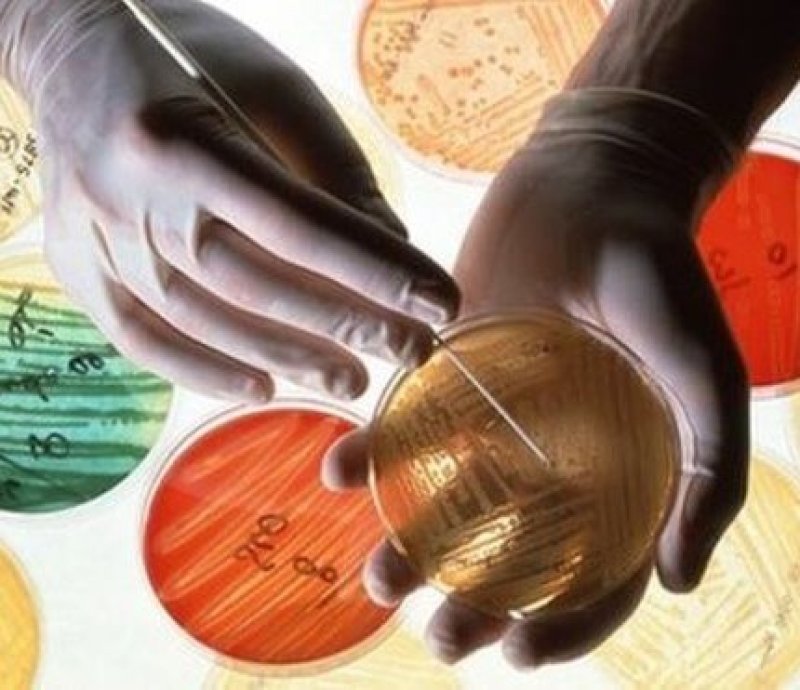As scientists continue their exploration of the thousands of organisms that live inside our body, a new study is showing just how much one “good” bacteria can be exploited to its host’s advantage. Scientists were able to engineer this bacteria to find and attack a harmful pathogen in mice and worms, preventing and halting infections in the process.
…
Because mice and worms are different from people — and their microbiomes are accordingly different — it’s too early to know if this lab-made bacteria will work in humans. But the study…is a good example of how we might be able to reprogram the body’s microorganisms to precisely attack pathogens. The hope is that these genetically engineered probiotics could one day help us prevent infections, or even provide an alternative to antibiotics, which can lead to resistance in bacteria.
…
No new classes of antibiotics have been introduced since the 1980’s, so we’re starting to run out of the lifesaving drugs that most modern medicine relies on. That makes today’s finding more than a curiosity: anything that can help keep antibiotics in reserve might help slow the resistance crisis.
[Read the original study]The GLP aggregated and excerpted this blog/article to reflect the diversity of news, opinion, and analysis. Read full, original post: This lab-made probiotic fights off infections from unfriendly bacteria
For more background on the Genetic Literacy Project, read GLP on Wikipedia































